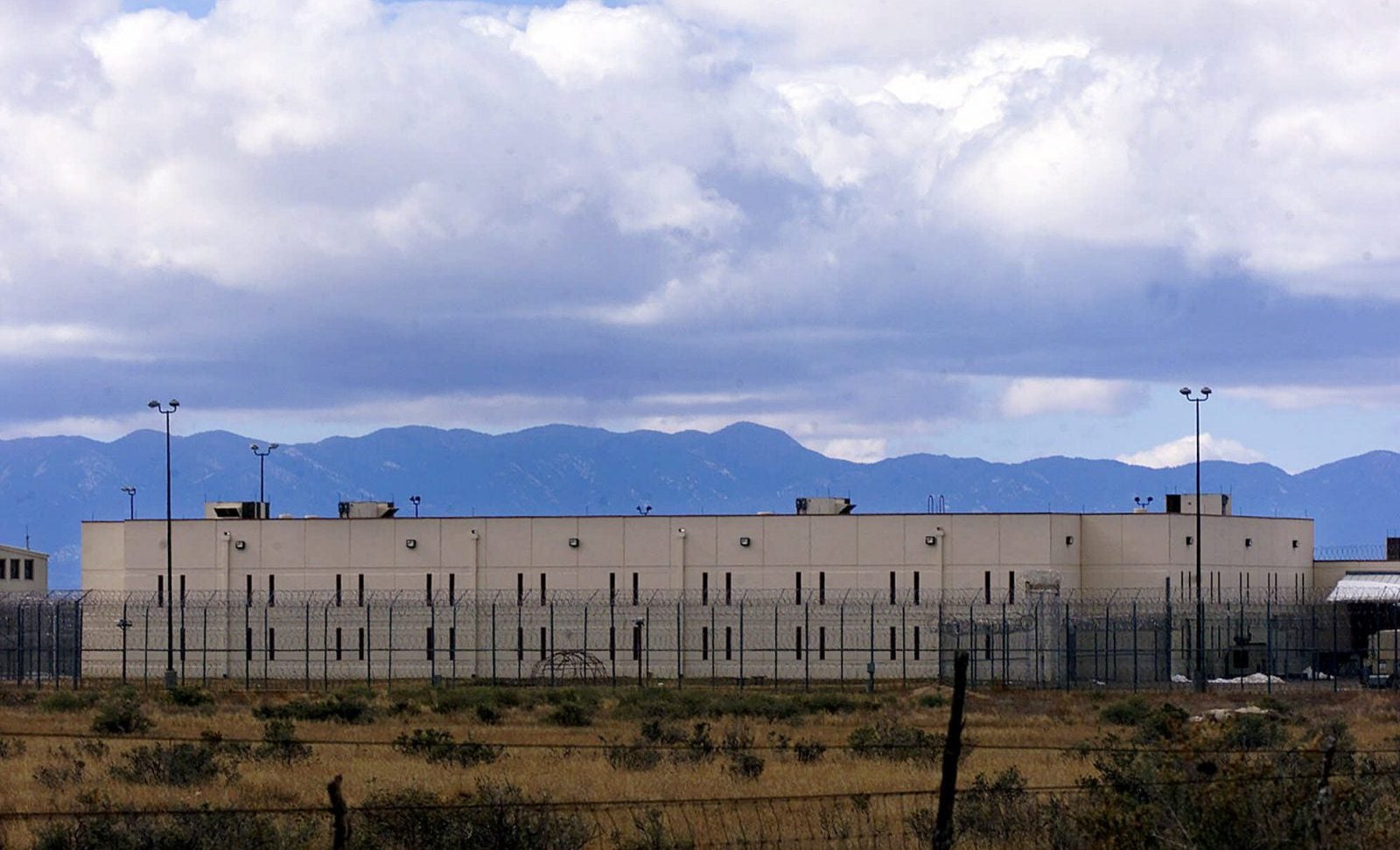The prisons that propped up small US towns can hurt them badly when they shut down
The prison boom of the 1990s in the United States revived the economies (paywall) of many small towns across the country, with benefits into the new century. Now a recent case in New Mexico shows relying on mass incarceration—and especially on the private-prison industry, whose main objective is profit—presents a huge problem when inmate populations decline.


The prison boom of the 1990s in the United States revived the economies (paywall) of many small towns across the country, with benefits into the new century. Now a recent case in New Mexico shows relying on mass incarceration—and especially on the private-prison industry, whose main objective is profit—presents a huge problem when inmate populations decline.
CoreCivic, the private-prison behemoth, announced last week that after 27 years it was shutting down a facility in Estancia, New Mexico, leaving the rural town of 1,500 with a gaping hole in its economy.
Following the company’s announcement, the county released a statement lamenting the news. Two hundred prison employees would be laid off. The town of Estancia would lose $700,000 in annual tax and utility payments and the surrounding county, Torrance, would give up roughly $300,000. The sheriff’s office will have to find another facility to house the 50-75 county inmates usually held at the facility.
Belinda Garland, the county manager, told Quartz that 200 jobs are a significant loss for the county, where the median household income is $32,000 ($12,000 less than the state overall). The money the prison brings in for the town is roughly 60% of its annual budget. This means cuts for schools, roads, the fire and police departments, among other services. “The county is very concerned with this closure,” she said.
According to local TV station KOB4, the prison is the county’s biggest employer. The CoreCivic facility has the capacity for housing 910 inmates, and it has contracts with the two federal agencies, Immigration and Customs Enforcement (ICE) and the US Marshals Service, as well several local counties. Despite this, the company says it hasn’t been able to keep the population at a level that would keep the facility profitable. Immigration arrests at the border with Mexico have dropped significantly in recent months (although they are up nationwide).
Overall, experts question whether opening a prison helps a community all that much. Still, the shuttering of a large facility in a small town undoubtedly has immediate consequences, and local economies can be hit hard, barring significant re-invention. Several months after CoreCivic closed down a prison in Burlington, Colorado, the town is struggling, the AP reported in March. It’s population has decreased, and the costs in lost wages, taxes, and bills is adding up to millions of dollars for the town of 3,600.
Criminal-justice reform and tighter budgets have led to many state prisons closing in recent years. New York, which has closed 15, has diverted a large chunk of the savings into economic redevelopment. That is showing mixed results, The Christian Science Monitor reported, with more success in urban areas than rural ones.
In Torrance County, local officials are trying to work with the company and lawmakers to find solutions to keep the prison running, including finding new contracts. CoreCivic said in a statement that “a declining detainee population in general has forced us to make difficult decisions in order to maximize utilization of our resources.” The company is offering employees transfers to other CoreCivic facilities.